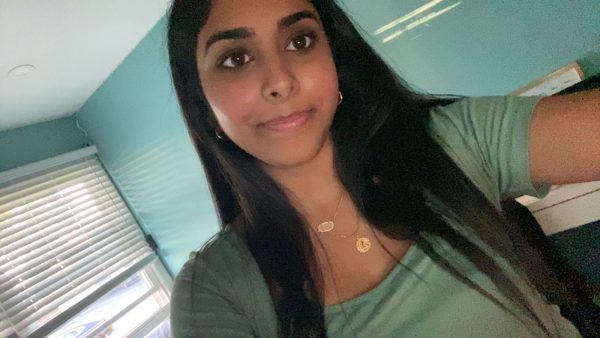TikTok, a platform dominated by young users, has become a breeding ground for “skinny culture,” with trends like #SkinnyTok glorifying extreme thinness. This trend, combined with viral conversations about weight-loss drugs, puts immense pressure on young people, particularly those still developing their self-image.
#SkinnyTok content often features “what I eat in a day” videos showcasing limited meals and calorie-counting routines, promoting restrictive eating habits disguised as wellness. The platform’s algorithm amplifies this issue, creating a feedback loop where engagement with such content leads to more of the same, effectively filtering out body diversity. Studies show that this exposure is associated with disordered eating behaviors and negative body image among young adults.
Researchers have found that weight-normative messaging, which equates thinness with health and success, is prevalent on TikTok. This messaging often overshadows expert opinions, with “normal people” sharing their weight loss tips, further contributing to the problem. The short-form video format of TikTok makes it easy to consume a large amount of this content quickly, potentially leading to the internalization of unrealistic beauty standards.
While #SkinnyTok and similar trends present a concerning picture, it’s important to note the existence of counter-movements on the platform. Many creators and campaigns promote body positivity, self-acceptance, and inclusivity. These initiatives aim to challenge harmful narratives and encourage a healthier relationship with one’s body. Users can actively curate their feeds to prioritize such content, seeking out videos that promote body acceptance and self-care.







